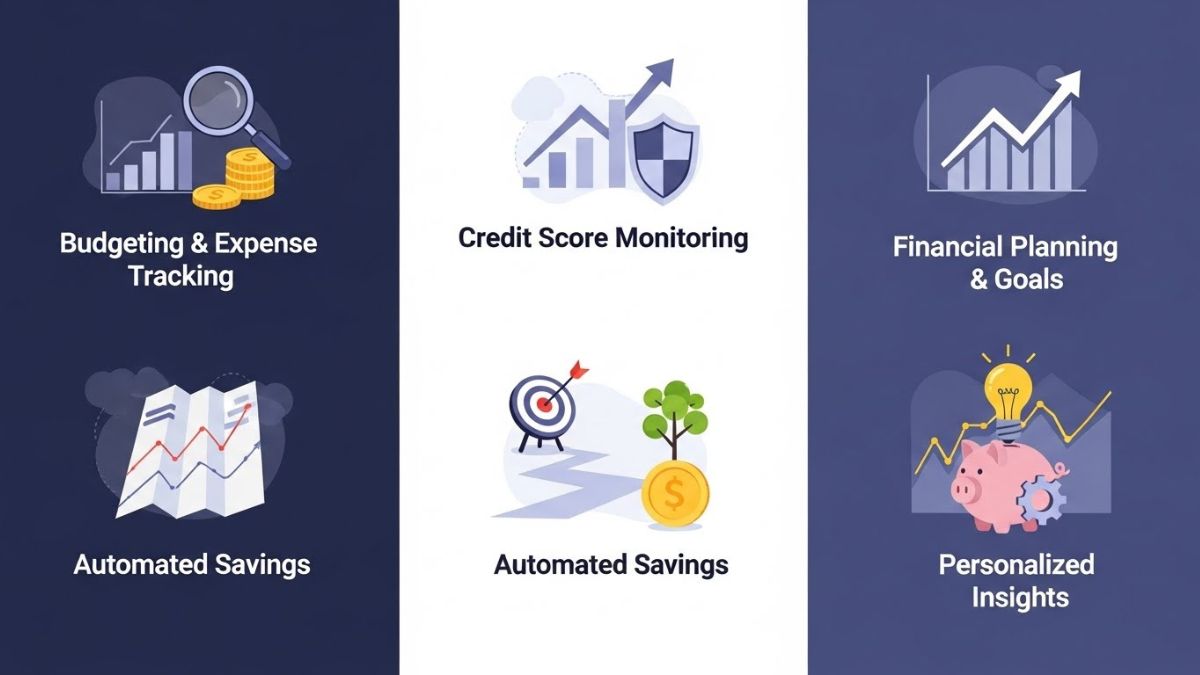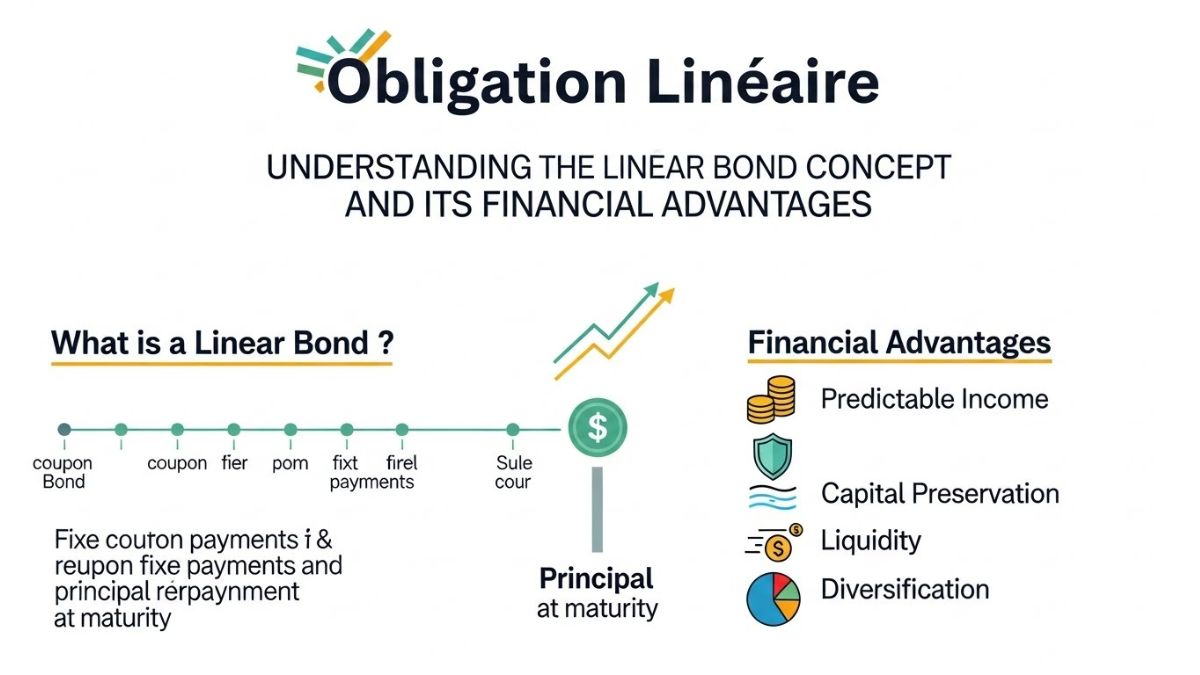Introduction
As internet privacy becomes more important in an increasingly connected world, proxies have become essential tools for individuals and organizations alike. Whether you’re trying to access geo-restricted content, improve online security, or maintain anonymity on message boards and forums, proxies offer a reliable solution.
This article explores what proxies are, how they function, and why they’re so valuable today.
What Is a Proxy and How Does It Work?
A proxy server acts as a middleman between your device and the internet. When you request to access a website, the request first goes through the proxy server, which then forwards it to the destination server. The response follows the same route in reverse. This not only hides your IP address but also adds a layer of security and anonymity.
For example, people who wish to participate in online discussions anonymously often use specialized proxies like a 4chan proxy to maintain privacy and access restricted threads. These proxies help mask their original location and identity, offering a safer and more open browsing experience.
Types of Proxies Available Today
Proxies come in various forms, each designed for specific use cases. The most common types include:
- Forward Proxies: Positioned between the client and the internet, they are most commonly used by individuals for general browsing.
- Reverse Proxies: Positioned in front of web servers, these are typically used by businesses to manage traffic and improve website performance.
- Transparent Proxies: These do not hide your IP but are used to monitor user activity, often employed in schools and workplaces.
- Anonymous and Elite Proxies: These offer higher levels of anonymity, useful for individuals concerned about privacy and security.
Understanding which type of proxy suits your needs is crucial for achieving the desired level of anonymity and performance.
Benefits of Using a Proxy Server
Using a proxy server can provide a variety of benefits:
- Enhanced Privacy: By masking your IP address, proxies protect your personal information from being easily tracked.
- Access to Restricted Content: Proxies allow users to bypass geo-blocks and censorship, making content globally accessible.
- Improved Security: Some proxies can block malicious sites or encrypt data, reducing the risk of cyber threats.
- Load Balancing and Speed Improvements: For organizations, proxies help distribute traffic evenly across servers and optimize response times.
These advantages make proxies a must-have tool for secure and flexible internet usage.
Use Cases of Proxies in Everyday Life
Proxies are more versatile than many realize. Some common real-world applications include:
- Content Streaming: Access shows, sports events, or news sites that may be region-locked.
- Academic Research: Students and researchers use proxies to access databases and journals blocked in their region.
- Web Scraping: Businesses use proxies to gather data without getting blocked by websites.
- Online Gaming: Gamers use proxies to reduce latency or connect to servers in other regions.
- Community Forums: Platforms like Reddit and image boards often see users relying on proxies to maintain anonymity or avoid local bans.
These scenarios show that proxies are not just for tech-savvy users but can benefit anyone who uses the internet regularly.
Risks and Limitations of Proxy Usage
Despite their advantages, proxies are not without their drawbacks:
- No Encryption: Most basic proxies don’t encrypt your data, leaving it vulnerable during transit.
- Performance Issues: Free or overloaded proxies may slow down your internet connection.
- Security Concerns: Unreliable proxies can log your activity or inject ads and malware.
- Limited Anonymity: Some proxies may still reveal certain details about your connection if not configured correctly.
To mitigate these issues, it’s essential to use reputable proxy services and, when necessary, combine them with other privacy tools like VPNs.
Choosing the Right Proxy for Your Needs
When selecting a proxy, consider the following factors:
- Purpose: Determine why you need a proxy—whether for security, streaming, gaming, or anonymity.
- Speed and Reliability: Paid proxies generally offer faster and more stable connections.
- Geographic Coverage: Choose a proxy with servers in the region you want to access.
- Security Features: Look for proxies with added encryption or no-log policies.
- Customer Support: A reliable support system can help resolve issues quickly, especially for business users.
Doing a bit of research before selecting a proxy service can go a long way in ensuring you get the privacy and performance you’re looking for.
Final Thoughts
Proxies play a crucial role in maintaining privacy, enhancing security, and expanding access to online content. Whether you’re a casual browser or a digital professional, understanding how proxies work and how to choose the right one can significantly enhance your internet experience. Specific solutions, like a 4chan proxy, illustrate the growing demand for tools that enable secure and anonymous participation in online communities. As digital landscapes evolve, proxies will remain a cornerstone of internet freedom and user control.















